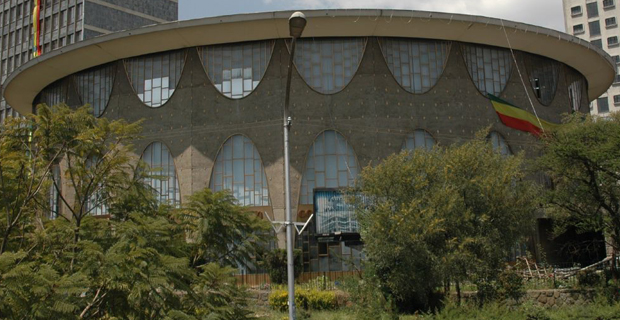- Stay Connected
CBE Puts Banks in Liquidity Crisis

Almost all commercial private banks found themselves confronted with liquidity crises, after suffering from what is known in the finance world as “a run on a bank” phenomenon occurred last week. It is an unusual situation where depositors demand withdrawals in unusually huge sums, with the result threatening to stall the whole payment system of the country.
The sudden flow of cash out of almost all private banks escalated last week, following the decision by the state owned Commercial Bank of Ethiopia (CBE) to grant the release of all pending applications for letters of credit (LC) after long delays. Bekalu Zeleke, president of CBE, approved no less than two billion dollars worth of requests on January 1, 2016.
Such an unanticipated move by CBE led many of the businesses to scramble last week in search of Birr to fulfil 100pc of the value of the LC requested and pending since May 2015, thus the subsequent run on banks. Up until late last week, close to 4.4 billion Br was transferred from the private commercial banks to CBE, largely affecting the established banks such as Awash, Wegagen, United and Abyssinia, although the younger and smaller banks were as much affected.
The flight of cash to CBE can only be pleasant news for its executives who have been executing a five-year strategic plan to boost their deposit mobilization efforts. As a result, CBE saw its deposits massively jump by 48 billion Br last year, to reach over 240.7 billion Br.
Last week was, however, a time of panic for executives of many of the private banks. This is a season whereby many banks become cash starved due to businesses paying taxes and wholesalers across the country stocking grains from farmers. But the sudden flight of cash from private banks is attributed to the decision by CBE to grant LC applications approvals all at the same time, according to a senior executive of a private bank.
“Although I acknowledge the seasonality of the issue, two-thirds of the current crisis is caused by the decision of the CBE,” the executive told Fortune.
Gripped by fear of inability to meet their immediate and short-term obligations and alarmed by the escalating run on bank, the executives of private banks met on Thursday, January 14, 2016, with authorities of the central bank, sources disclosed to Fortune. Yohannes Ayalew, chief economist and vice governor, and Getahun Nana, vice governor of the National Bank of Ethiopia (NBE) attended this meeting, although it was first called by Teklewold Atnafu, governor of NBE. He, however, was not in attendance.
The meeting took place in a climate of good faith and a sense of camaraderie, according to those who attended.
“I don’t recall a meeting with central bank authorities in such spirit of shared concern and willingness to collectively search for a solution,” a senior bank executive told Fortune, demanding anonymity for he was not authorized to speak to the media about last week’s meeting.
The vice governors informed the executives at the meeting, of the central bank’s decision to relieve them of off their immediate obligations to it. These include delays in paying for the purchase of bonds from the Development Bank of Ethiopia (DBE), amounting to 27pc of their loans and advances, sources disclosed to Fortune. Another relief to the private banks is the authorities’ decision to let them postpone monthly payments for loans many banks had borrowed from the central bank few years ago, these sources said.
All banks were thus instructed to submit their respective short-term obligations with risk of defaults up until late last week to the central bank, and the degree of relief they were to get is determined with the volume of their declared obligations, sources disclosed.
Vice Governor Yohannes was not available for comment, despite several attempts by Fortune
